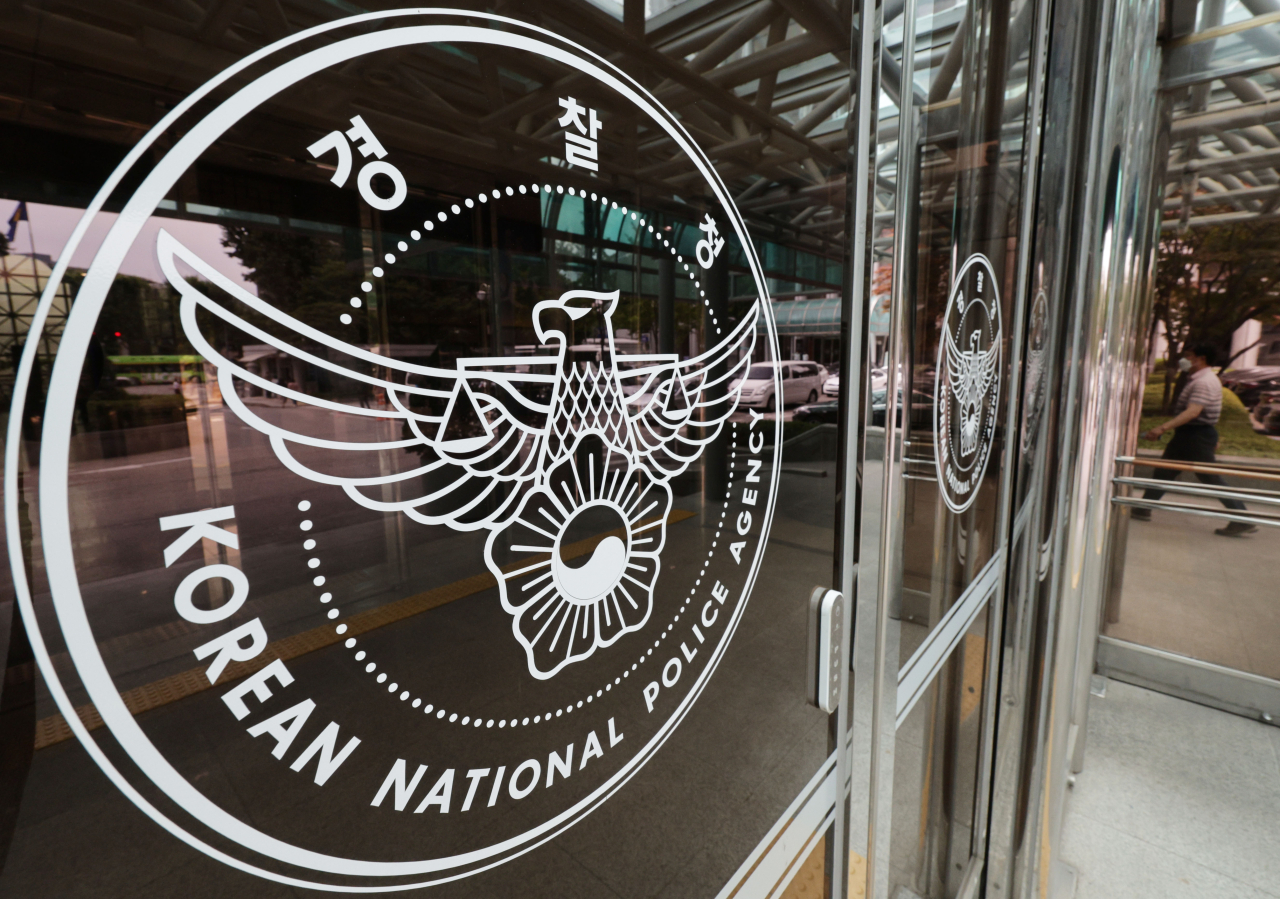Police interpreters underpaid, unprotected and burning out: study
By Shim Woo-hyunPublished : June 20, 2022 - 15:16

Police interpreters in South Korea are often underpaid, mistreated and unprotected, prompting many to avoid taking on the role, a local study shows.
Police interpreters are individuals who engage with non-native speakers in interpreting in police interviews and courts.
The study, written jointly by police officer Choi Seob-min of National Office of Investigation and professor Jeong Ji-su of Korean National Police University, said many police interpreters here have experienced burnout.
According to the study, police interpreters are usually hired on-demand due to difficulties in finding professional police interpreters who have proper training in the area. The study said police interpreters are often civilians who have skills in multiple languages -- residents in South Korea who are married to Koreans, or those who work at support centers for foreign workers and multi-cultural families.
The problem, according to the study, is that those police interpreters are often unfairly treated and eventually avoid the job.
The below are issues that came up in a series of interviews conducted by the researchers with several police interpreters.
Underpaid
The study pointed out that the police has not established a proper payment system.
An anonymous police interpreter said in an interview with the researchers that they were often underpaid even if the person worked late at night or weekends. The police interpreter added even the payments were delayed.
Another police interpreter said that there were no pay grades.
“I have worked as police interpreter for more than 10 years, but there is no difference between now and then,” the police interpreter said. “It is not like you get paid more even if you have more experience in the area. There is not much difference between experienced police interpreters and those who just started their careers.”
Unprotected
The study also points out that many police interpreters are unprotected during the police investigation and the law enforcement processes.
The police currently do not keep recordings of interviews between suspects and police interpreters.
“Some suspects will admit charges against them but later change their testimonies and blame police interpreters for mistranslating,” a police interpreter said.
Another police interpreter also said, “The content of a conversation between a suspect and a police interpreter remains only between the two, and the police interpreter has to take it all in.”
Sometimes, police interpreters are exposed to threats from suspects.
“It is not just once or twice that suspects threatened me to translate in favor of them,” a police interpreter said.
Another police interpreter was quoted as saying that the police needs to practice more caution regarding interpreters’ personal information.
“Some police officers would check my phone number and address right in front of suspects, and I am concerned if the suspects could visit my place and take revenge,” a police interpreter said.
Unfairly treated
The study’s interviews with police interpreters, who have different ethnic backgrounds, have revealed that they are unfairly treated.
“Not all police officers do this, but some officers look down on me,” a police interpreter said. “You can imagine that they, of course, do worse to suspects.”
Another police interpreter shared her experience of traveling a long distance to provide interpretation. “Even if I paid for my own taxi, came all the way to help them, without being paid for the job, the police just thanked me and told me to go home by myself,” the police interpreter said. The interpreter said the interpreter felt “used.”
Some police interpreters have also confessed that they received unfair treatment, largely due to their ethnic backgrounds. “Some police officers think all foreigners lie. They create a fearful atmosphere, get angry and curse.”
Choi and Jeong said if police interpreters, or those who are capable of providing interpreting services, avoid the job, the police investigation can be slowed down, decreasing the likelihood of suspects being arrested.
The researchers stressed that proper support and management are required for police interpreters. “The reason that police interpreters offer services is largely to help,” the researchers said. The researchers added that the police should introduce measures to project police interpreters and education programs for police officers so that police interpreters, who are mostly foreigners, don’t feel disregarded or left out.
The researchers recommended the police to introduce a license or a certification so that police interpreters can have a sense of recognition. They added the police should introduce a pay scale and systemize the whole police interpreter employment system.


![[AtoZ into Korean mind] Humor in Korea: Navigating the line between what's funny and not](http://res.heraldm.com/phpwas/restmb_idxmake.php?idx=644&simg=/content/image/2024/04/22/20240422050642_0.jpg&u=)

![[Exclusive] Korean military set to ban iPhones over 'security' concerns](http://res.heraldm.com/phpwas/restmb_idxmake.php?idx=644&simg=/content/image/2024/04/23/20240423050599_0.jpg&u=20240423183955)

![[Herald Interview] Why Toss invited hackers to penetrate its system](http://res.heraldm.com/phpwas/restmb_idxmake.php?idx=644&simg=/content/image/2024/04/22/20240422050569_0.jpg&u=20240422150649)
![[Graphic News] 77% of young Koreans still financially dependent](http://res.heraldm.com/phpwas/restmb_idxmake.php?idx=644&simg=/content/image/2024/04/22/20240422050762_0.gif&u=)







![[Exclusive] Korean military to ban iPhones over security issues](http://res.heraldm.com/phpwas/restmb_idxmake.php?idx=652&simg=/content/image/2024/04/23/20240423050599_0.jpg&u=20240423183955)



![[Today’s K-pop] Ateez confirms US tour details](http://res.heraldm.com/phpwas/restmb_idxmake.php?idx=642&simg=/content/image/2024/04/23/20240423050700_0.jpg&u=)